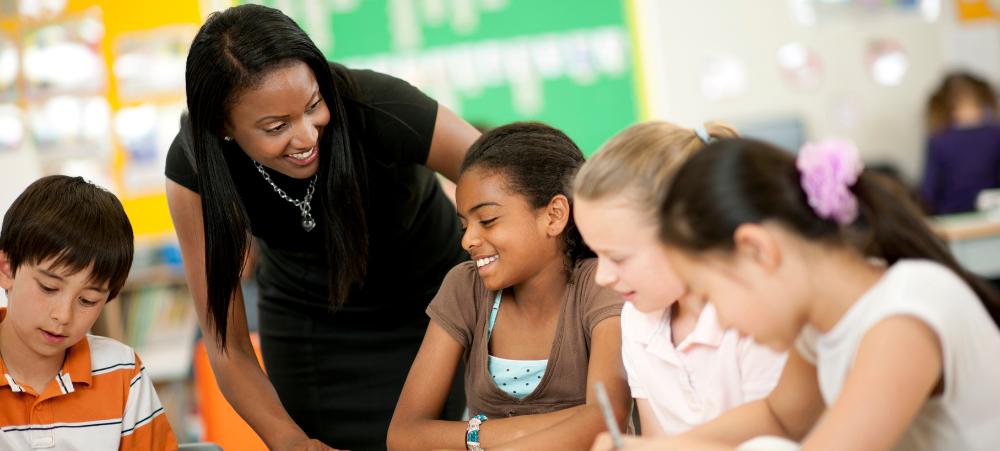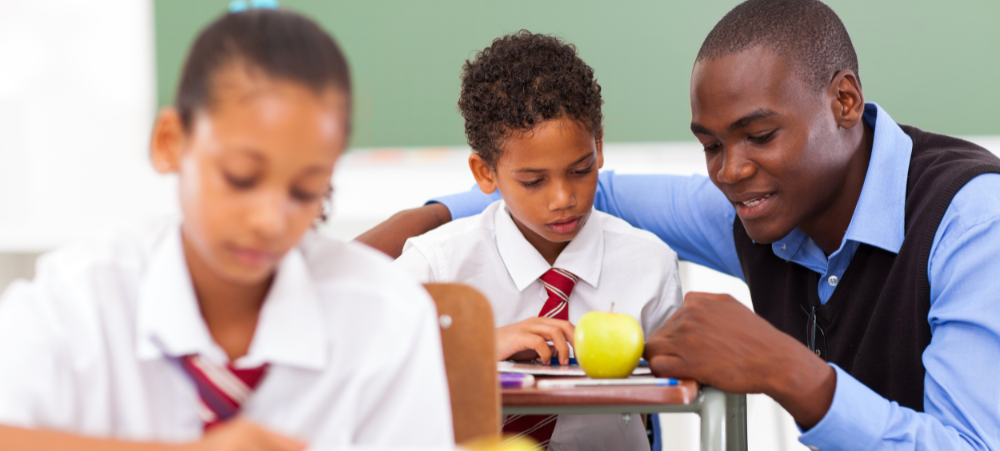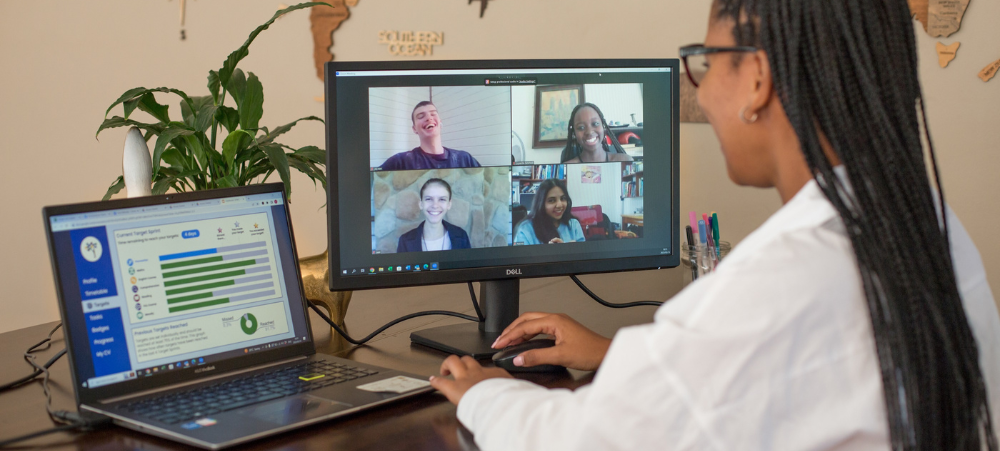
KOA ACADEMY CELEBRATES WORLD CHAMPION ROBOTICS TEAM PLAYER
The passion for STEM-education came into the spotlight at Koa Academy recently with the news that one of its Grade 9 learners, Matt Greenwood, was part of the winning team at the 2024 FIRST® Tech Challenge international competition. Alongside his South African teammates, the 15-year-old from Cape Town, joined more than 18 000 youths from 58 countries in Houston, Texas, USA for an exciting 4-day event that drew crowds of up to 50 000 people. In the finale of the challenge, Matt’s team TEXPAND joined forces with Romanian team, AICitizens and Californian team, The Clueless to demonstrate their team-built robots and take top honours as the Winning Alliance. Matt says, “It was a fantastic experience for us all, and exciting to see TEXPAND performing at such a high level. It’s particularly challenging for us as South Africans as all the robotic parts we need have to be imported from the USA at a high cost. So, we compete on a much smaller budget than many of the US and other international teams. Getting our team all the way to Houston is also a major fund-raising challenge. This was our second year in the competition and being picked by AICitizens to be part of their alliance was great. Next year, we aim that TEXPAND will be the team that gets to pick its allies in the challenge.” The event offered plenty of opportunities for the South Africans to hang out and socialise with their global counterparts and they visited two tech companies, ARC and Rugged Robotics which really opened the team’s eyes to what amazing things are happening in the industry. Matt’s mom, Lucy Greenwood notes the wide range of benefits of Matt’s involvement in TEXPAND and robotics competitions. She says, “The team must navigate a range of challenges in designing, building and demonstrating the performance of their robots. They have a limited budget compared to other teams and must think laterally and get inventive about finding workable design solutions. For instance, this year the team included used materials such as an ice-cream container while prototyping and their final design had some unique elements which were recognised by receiving the tournament’s Control Award. At the competitions, teams are also assessed on criteria such as ‘gracious professionalism’ which speaks to the ways that they interact with opponents and allies. So, while there’s a strong focus on developing STEM skills, other skills are equally important.” Matt credits his interest in robotics, engineering and tech to his childhood love of Lego, and in his school years, he has had a long-standing affinity for Mathematics and Science and shows a natural aptitude for critical thinking. Encouraged by a friend, he first got involved in TEXPAND in 2022 as an apprentice. He says, “I love the cool stuff and all the ongoing advancements in robotics which are going to be world changing.” Matt has three siblings and joined Koa Academy in 2024 after years of homeschooling. The flexibility of online schooling has enabled him to seamlessly fulfil his TEXPAND team duties. He is now the senior team member responsible for strategy and some of the media aspects of TEXPAND’s marketing which takes up at least 4 hours of his time every week, and that increases to 7 hours a week during competition cycles. Matt has a lot on his schedule what with schoolwork, as well as Scouts, karate, dodgeball and hiking from time to time. Koa Academy Principal, Mark Anderson says, “We’re incredibly proud of Matt! It’s a stunning achievement and testimony to his talent and dedication, and that of his fellow team members. Creating an enabling school environment so that our learners can pursue their passions and be immersed in real-world endeavours such as robotics is one of the hallmarks of a Koa education. We want Koa learners to be able to play to their strengths, and the online education environment is particularly conducive to making personalised learning paths possible. Matt’s experiences as a TEXPAND team member are invaluable. He’s not only actively cultivating vital 21st Century skills such as critical thinking and problem-solving, but he is also dynamically developing as a communicator, collaborator and team worker.” Discover Koa Academy, visit www.koacademy.com



































